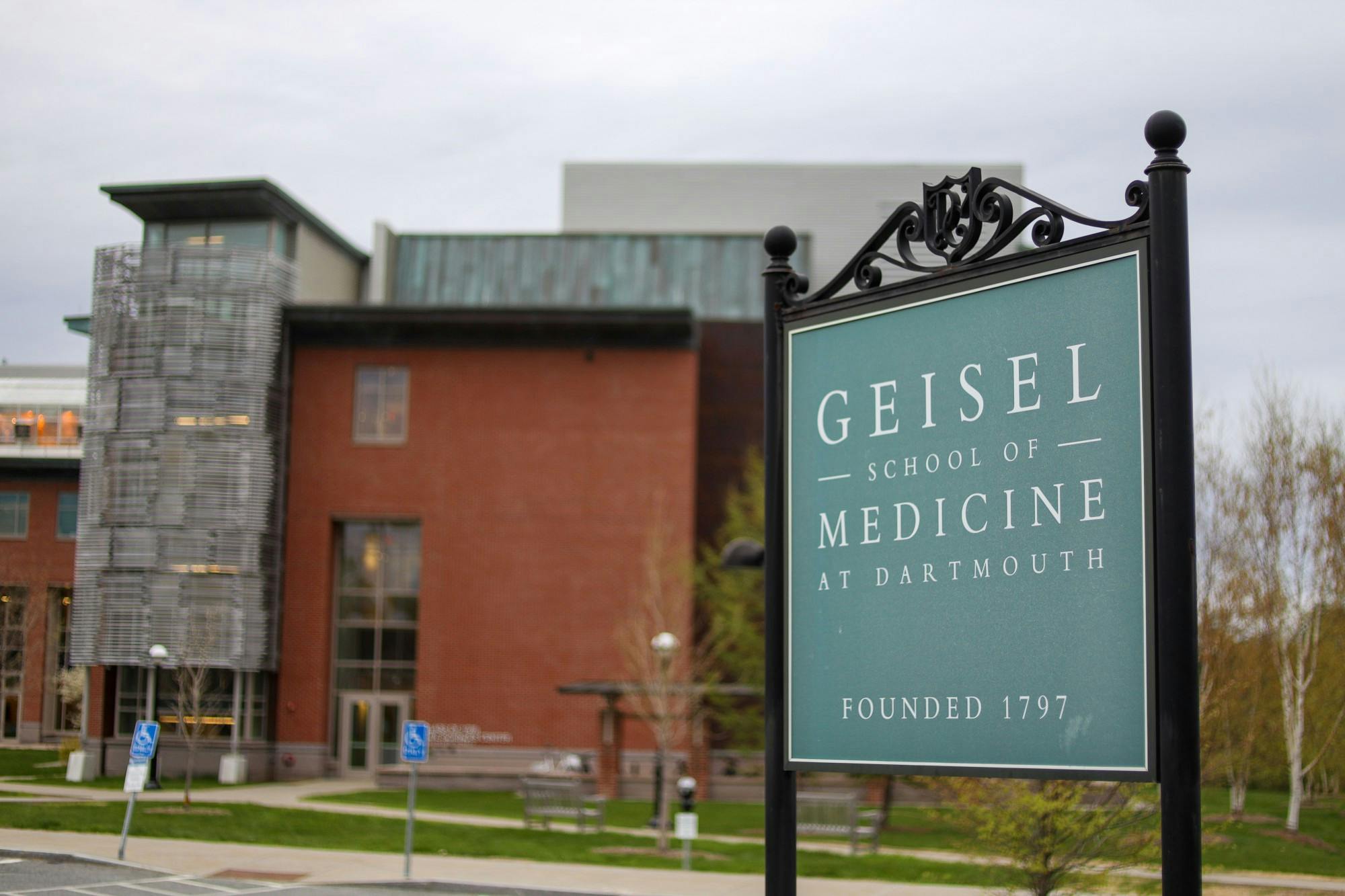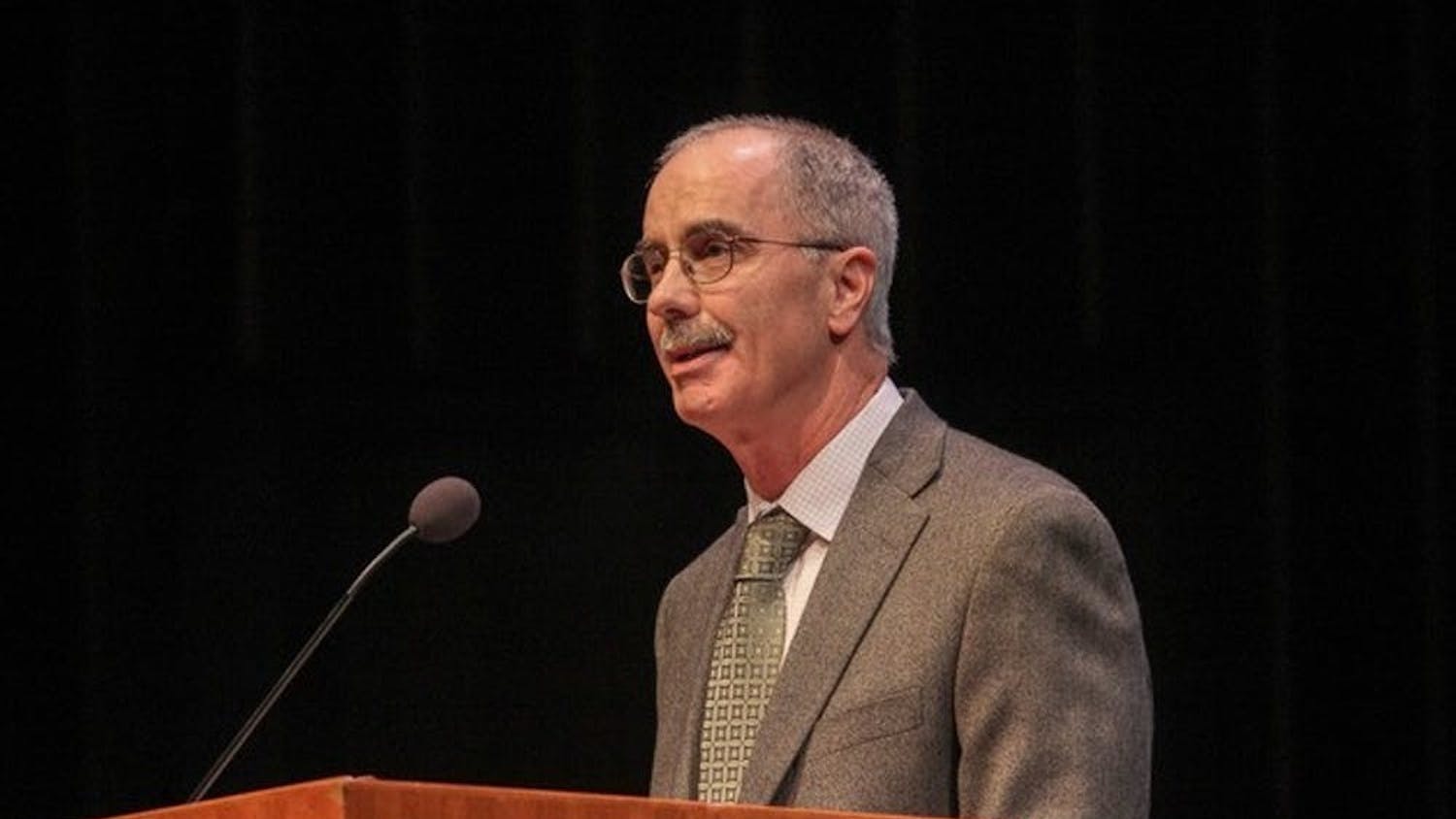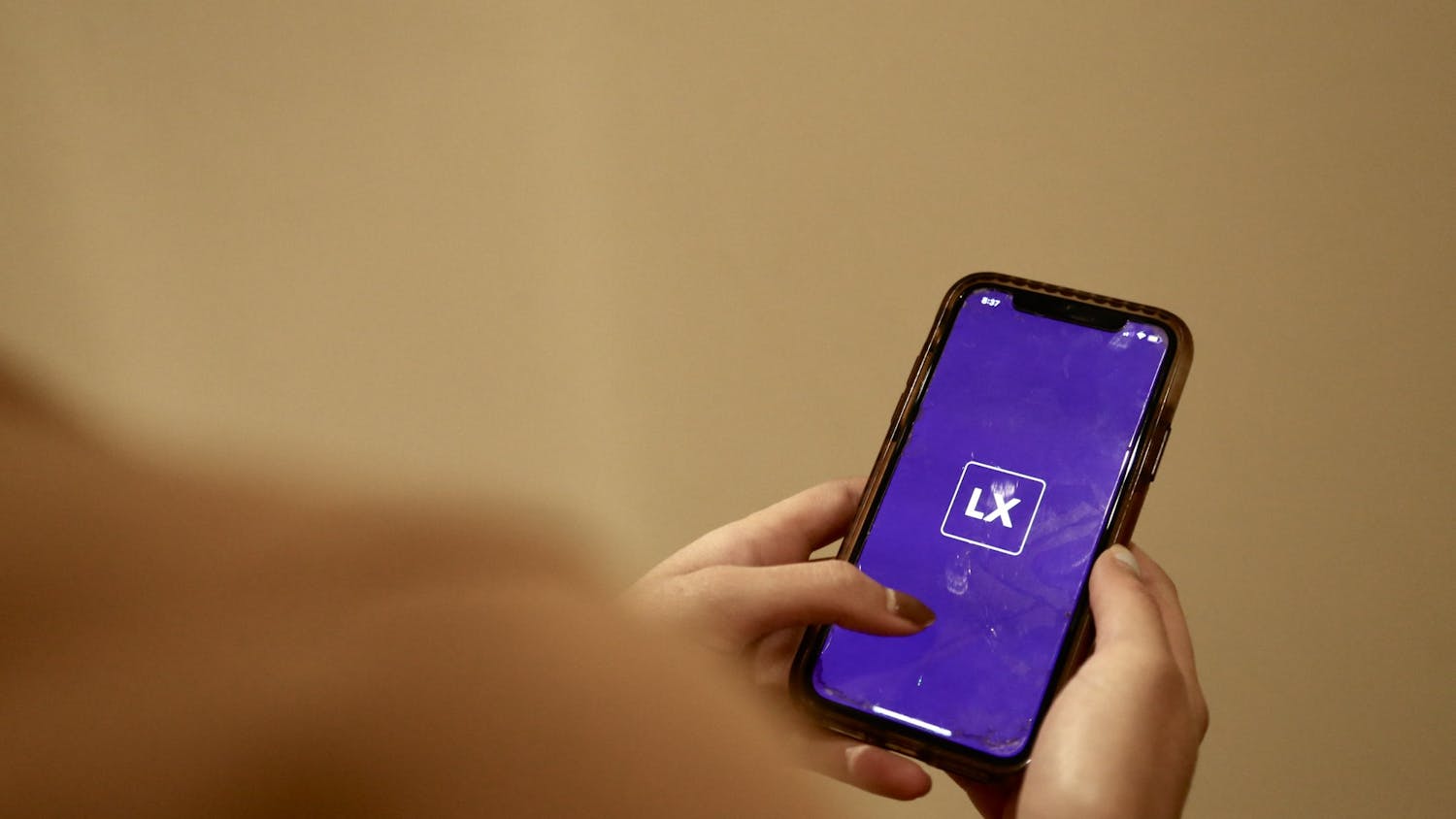In the wake of anti-racism protests and actions, members of the Geisel School of Medicine have begun speaking out against and taking measures to combat diversity and equity issues at their medical institution. Among these initiativesis a student run Instagram account @concernedstudent1797, which posts short anomymous narratives from students who have experienced discrimination.
The account’s name was inspired by the Concerned Student 1950 activist group, which led protests against racism at the University of Missouri resulting in the resignation of the university system president in 2015. The date in @concernedstudent1797 comes from the year Geisel was founded, according to the account creator, who has chosen to remain anonymous.
The account administrator said they created the account after seeing an Instagram post from the Geisel Dean’s office. The administrator took issue with the final sentence of the post, which read “Indeed, medicine and science are disciplines that when applied to their true purpose, transcend such labels, and our goals can only be fully achieved by including all members of our society.”
“When I saw the post on [Instagram] coming out of the Dean's office on June 3, which to me basically read like an “All Lives Matter” statement, I just couldn't take it anymore. I had to say something publicly, but I knew the only way I could do it safely would be anonymously,” the account administrator wrote in an email statement.
The account includes a link to a form where students can anonymously submit experiences and opinions about discrimination at Geisel. The account administrator then posts the submissions and tags Geisel’s official Instagram account. The administrator wrote that except for private communications and “degrading or inappropriate” messages, all submissions are posted to the account.
Some posts discuss personal experiences with discimination like racism and sexism from faculty and patients. Other posts call for more action from the school’s administration to increase diversity and inclusivity at Geisel. One post calls for Geisel to be renamed, citing the school’s namesake Theodore Geisel’s history as “a well-known racist.”
One student who said she has encountered some of the issues described on the account is former fourth-year medical student Sarah Rosenstein, who withdrew from Geisel earlier this year due to what she said was a “hostile learning environment.”
“It’s hard for current med students to speak out, and so I think it’s amazing that their voices can be heard in [the Instagram account],” Rosenstein said. “It seems to be bringing a lot more institutional change than any other tactic that’s been tried since I’ve been at the school.”
Rosenstein, who identifies as a queer woman, explained that during her first year, a facilitator in her two-year “On Doctoring” course made statements regarding queer women that made her uncomfortable. She also said that the professor also made statements against people of color and people of low socioeconomic status. Along with a few other students, Rosenstein reported the facilitator several times to the co-course director Roshini Pinto-Powell throughout her first year, but said that “nothing had changed” by the end of her first year in 2017.
Pinto-Powell explained that after the original report, she, along with her co-director, looked into the incidents to verify the claims made by the students. After their investigation, she explained that the claims were uncorroborated.
In August 2017, Rosenstein said she met with Pinto-Powell, who was also her advisor, asking to be removed from the class.
In an email sent by Geisel dean Duane Compton on June 11, 2020, Geisel committed to implementing mandatory implicit bias training for faculty and staff. Former associate dean of diversity and inclusion Dr. Leslie Henderson explained that one of the charges of Geisel’s new standing committee for diversity, equity and inclusion would be to come up with more effective mechanisms of implementing the training.
“I know Geisel has just promised to institute implicit bias training for their faculty after all of this media attention, but my classmates and I have been asking for it for years, and I assume others were asking for it before us,” Rosenstein said.
Rosenstein explained that her experiences contributed to an environment that negatively impacted her mental health, causing her to take a leave of absence and eventually withdraw.
“I am also now in a massive amount of debt from the school,” Rosenstein said. “I really wish I had attended one of the other medical schools I was accepted at, and I wish I had never attended Geisel. I think it was my biggest mistake in my life.”
To increase diversity and inclusion at Geisel, students like former student government vice president for diversity and inclusion Chad Lewis have advocated for improvements in admissions, financial aid and curriculum. Lewis was also one of the founders of the Black Students at Geisel affinity group that met with senior members of administration in June to discuss recommended changes to make Geisel a more accessible environment for underrepresented minority students.
As Lewis explained, one change to make Geisel a more “welcoming space” would be for administration to formalize the process for affinity groups, such as Black Students at Geisel, to host URM applicants who are invited to campus for interviews.
“I think that by giving a warmer, more personalized welcome to the Dartmouth community would make a difference in being able to retain more URM applicants and increase our diversity,” Lewis said.
He also explained the importance of other measures like revising the medical curriculum to remove racial bias. Rosenstein cited an example of curriculum bias from her dermatology class where she was taught that “Black patients have thicker skin than other patients,” a false claim that has been disproven. Lewis said he believed that this type of bias can have negative implications for patients of color and updating curriculum “plays an important role” in improving the climate for diversity and inclusion at Geisel.
“We’ve been trying to make a lot of efforts to make wide improvements in the school for years but things just haven’t happened as quickly as we would’ve liked,” Lewis said. “Now that there’s so much public attention on racial justice, it seems like the school is now listening to us.”
Compton’s email outlined a number of steps which the Geisel administration planned to take to “accelerate a process to eliminate racial bias that exists at Geisel,” including a town hall, student seminars, medical curriculum updates and the creation of a standing committee charged with developing and implementing initiatives to increase diversity and inclusion at Geisel. Compton said that administration would work to address concerns about reporting incidents of discrimination and harassment through a mechanism that would both ensure no retaliation and communicate how Geisel addresses the incident. He added that students who are under-represented minorities would be consulted and invited to participate “at every step of the process.”
Compton said Geisel would measure the progress of these new diversity initiatives both through markers like faculty retention and by creating a public dashboard that would keep track of whether goals are being met.
“I don’t want it to come off as these things that we’ve done in the past two weeks are the end-all-be-all, because this needs to be the beginning of change, and we know that this is going to be a long-term effort,” interim associate dean for diversity and inclusion Diana Wu said. She went on to explain that though the @concernedstudent1797 account raised “some valid concerns,” she thought it also contained some inaccuracies, like in one of the posts which questioned the motivations behind Compton’s absence from a seminar about structural racism. She explained that due to an administrative miscommunication, Compton had actually not received the invitation to attend the event.
“I think the most important thing from the Instagram posts is that it’s clear that there’s been a breakdown in trust,” Wu said. “We are working to improve that trust by being transparent, having good communication and showing that we are committed to diversity and carrying out the initiatives that we are planning.”




